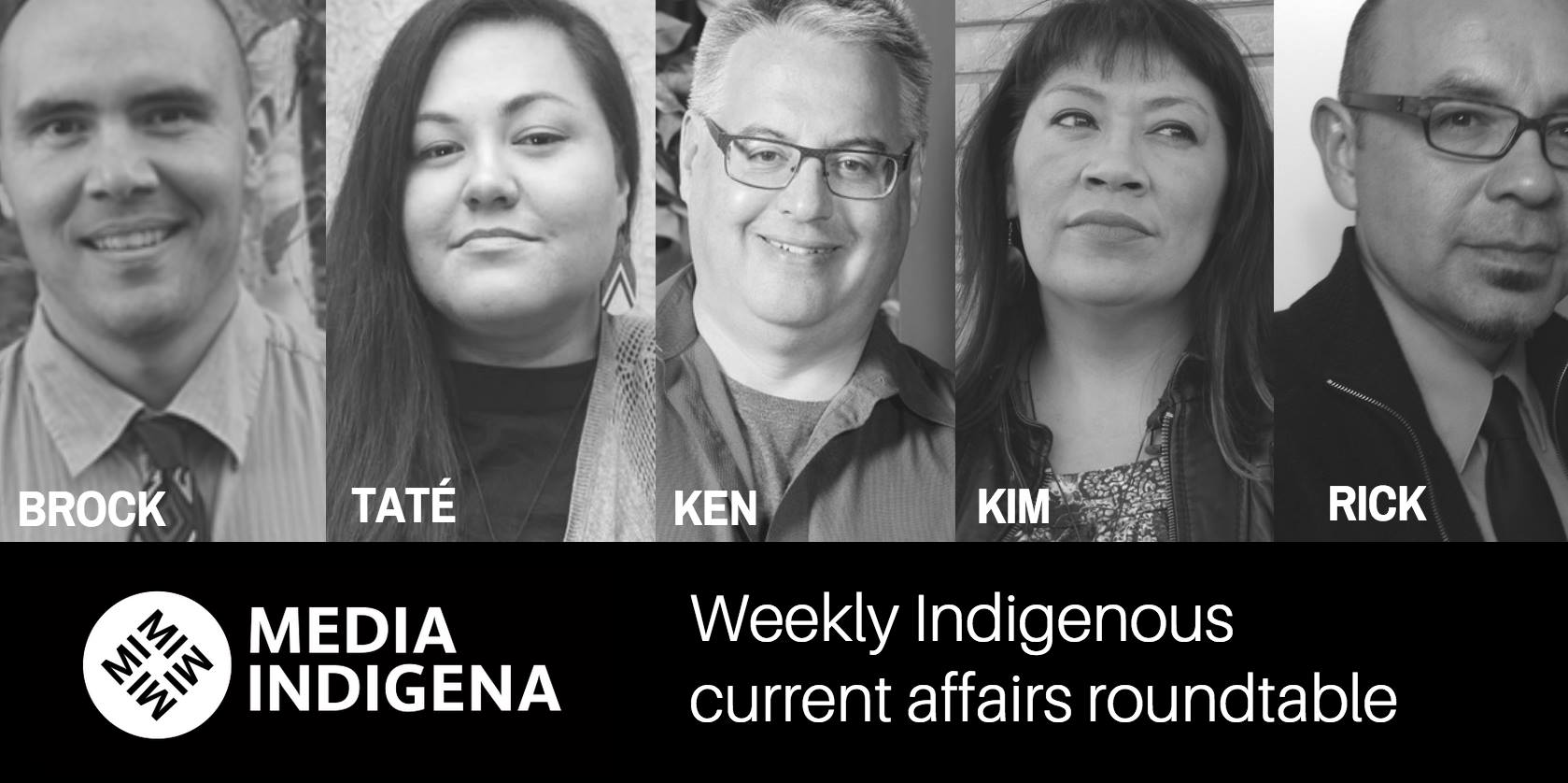Indigenous Science, Technology, and Society (Indigenous STS) is an international research and teaching hub, housed at the University of Alberta, for the bourgeoning sub-field of Indigenous STS. Our mission is two-fold: 1) To build Indigenous scientific literacy by training graduate students, postdoctoral, and community fellows to grapple expertly with techno-scientific projects and topics that affect their territories, peoples, economies, and institutions; and 2) To produce research and public intellectual outputs with the goal to inform national, global, and Indigenous thought and policymaking related to science and technology. Indigenous STS is committed to building and supporting techno-scientific projects and ways of thinking that promote Indigenous self-determination.



